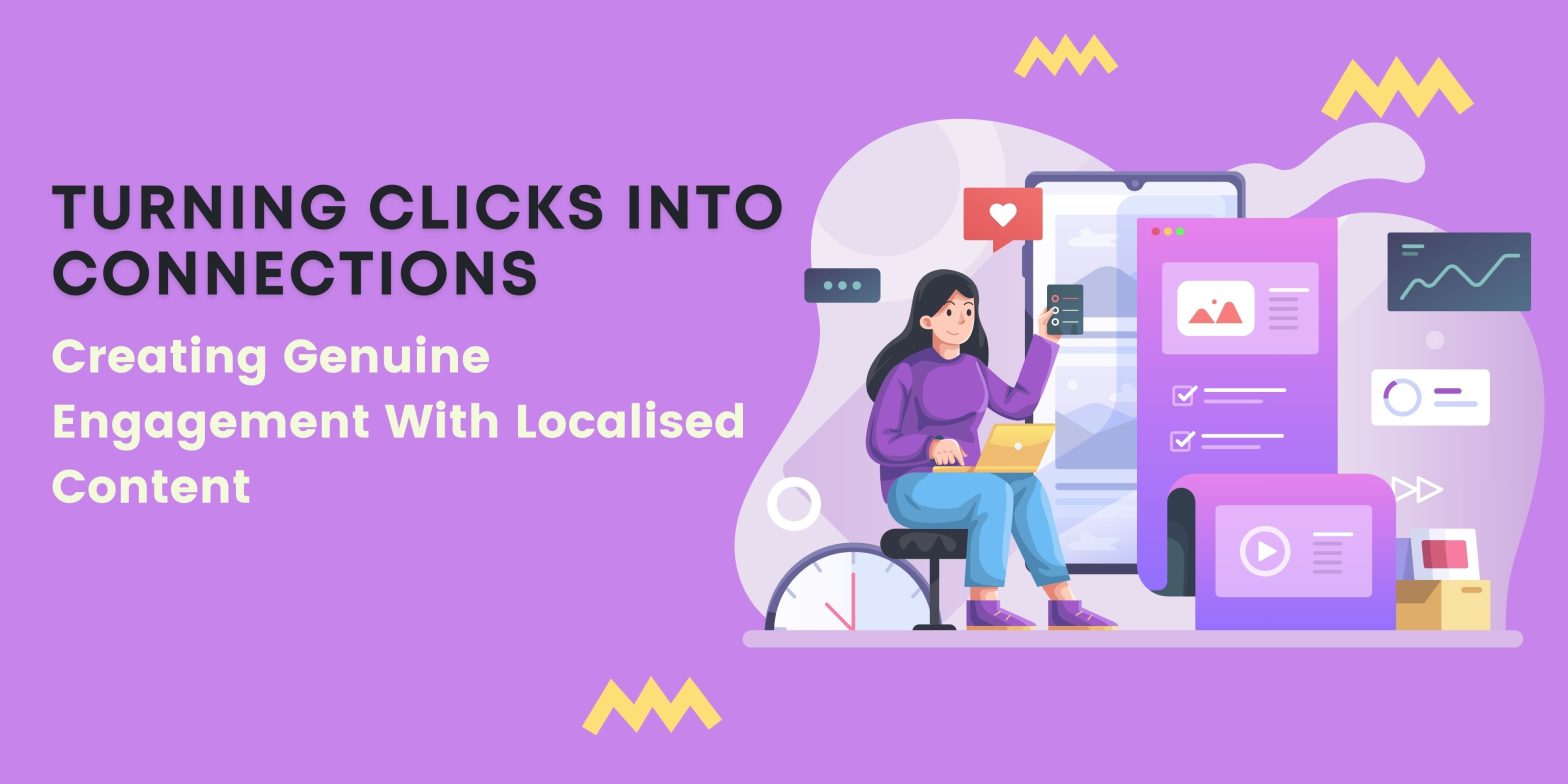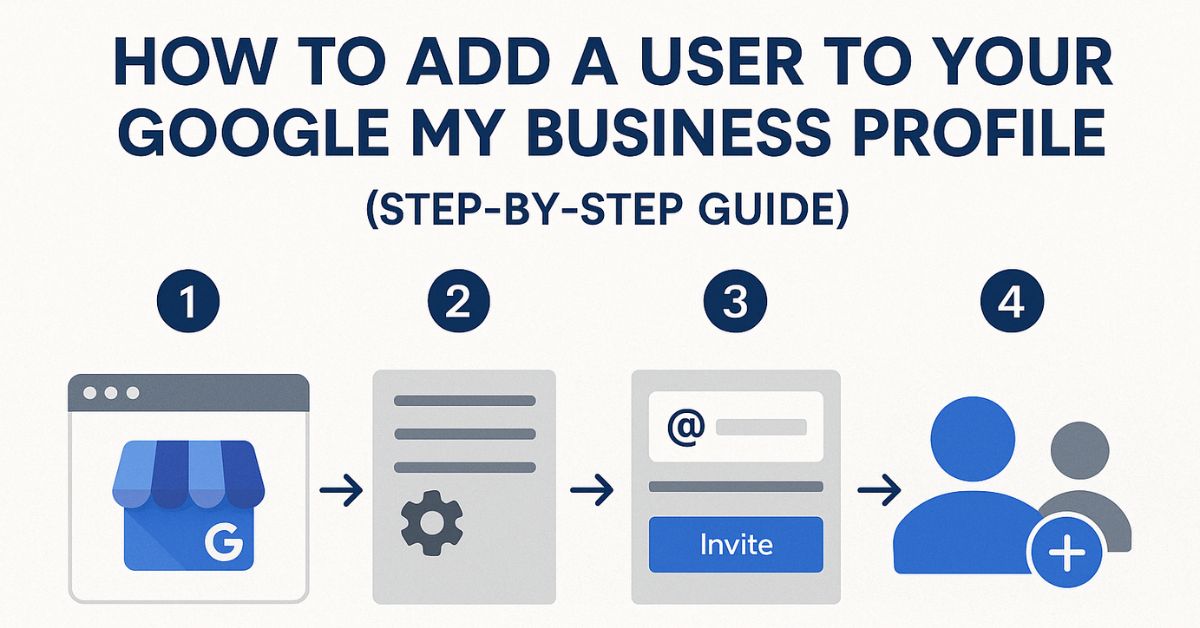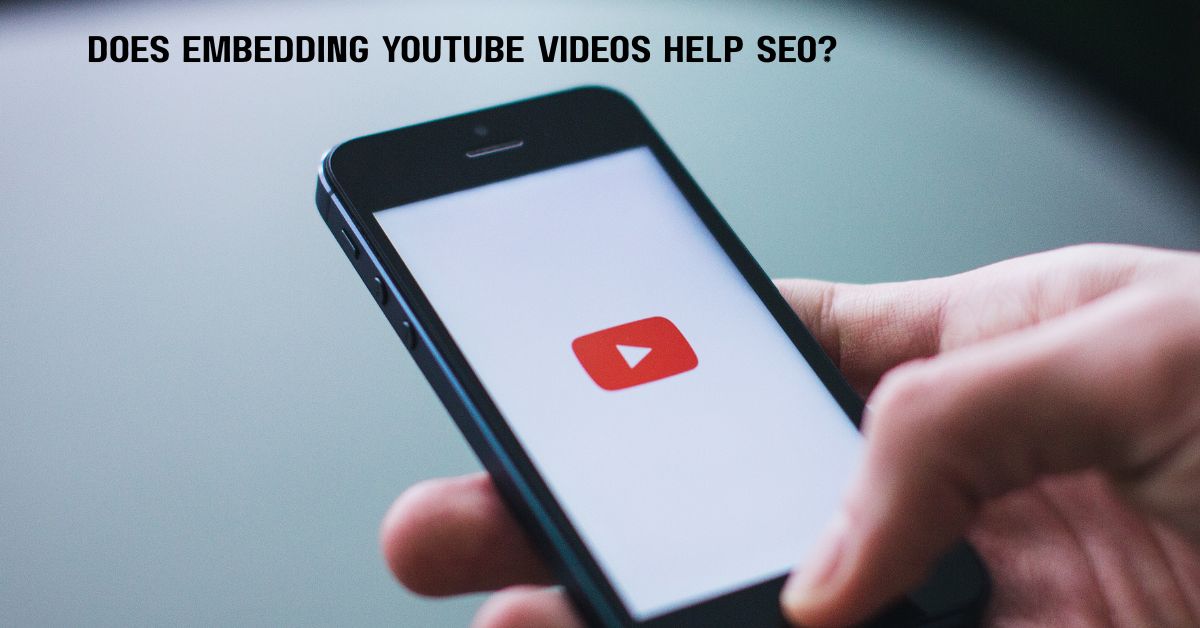
Let’s start with the basic understanding of what localised content actually means. So here goes, the process of making a content appropriate according to a local target market customer is known as localization. It is further from content translation, which is only one aspect of content localization. In a formal manner we may consider that there are not fewer possibilities to make content localisation fit for our target audience in the market.
More specifically, content localization aims to adapt content of any form to locally accepted cultural norms that guide people’s behaviour and interactions. Many top digital marketing agencies NZ use these pieces of content to leverage their growth.
According to many sources, content localization can have a positive impact on business results. Let’s check out how:
- Customers tend not to buy from websites in other languages. At least 40% of customers don’t buy products from websites in other languages.
- 65% prefer content in their language, even if it’s poor quality.
- 73% want product reviews in their language.
These findings make it clear that if you’re not localising your content, you’re missing out on connecting with a large portion of global consumers. As a result, you could be losing out on valuable leads, conversions, and revenue.
When Do You Need Content Localization?
It is highly advised to not risk entering foreign markets with a non-localised content strategy. So, save your business from ruining its reputation by optimising your content accordingly. This will save you time and amplify your business to heights. It is important for a business to understand a foreign market’s target audience and make content accordingly, and keep changing their content according to the needs of the customer.
Best SEO agencies in New Zealand are practising these factors to hike their client’s business and sales.
Benefits of Content Localization
Increased traffic and engagement
Bringing traction to your site is satisfactory but don’t you want your users to stay and look around for longer and keep coming back to your site for more? By localising your content, you can ensure that people not only find your site and click through to it, but that they also stay engaged once they land on your page.
Higher credibility and conversions
A decent localisation strategy might help ensure that your site comes across credible and instigates trust in the audiences. Make sure your audiences feel confident working with you.
Lower marketing and advertising expenses
It is rightly said that localisation can help you not waste your money on marketing tactics that won’t work with your audience. Instead, spend money on localised content development so that it is worth your while in the long run.
Improved Search Engine Rankings
We know that culture influences search behaviour and this isn’t news to anyone in the world of search engine optimization (SEO). When you target the right keywords, you adapt content to local consumption trends, and make your business standout in the local language that directly impacts global crowds and results in your site ranking higher in terms of international SEO.
Localization Is A Growing Global Marketing Trend
Nowadays, global users select websites that are in specific languages. Hence, they do not visit websites and brands that are not in compliance with this factor. For example, let’s consider these globalisation stats:
While 60% of all content on the Internet is in English, native English speakers only make up about 5.4% of the world’s population. Only 25.3% of the Internet market share prefers English-only content, which leaves nearly 75% who prefer to consume content in another language [MotionPoint].
With these tactics and strategies, amplify your business to great heights. Also make sure to contact The Tech Tales, best digital marketing agency in Auckland, New Zealand and drive traction to your website and generate leads without any hassle!





